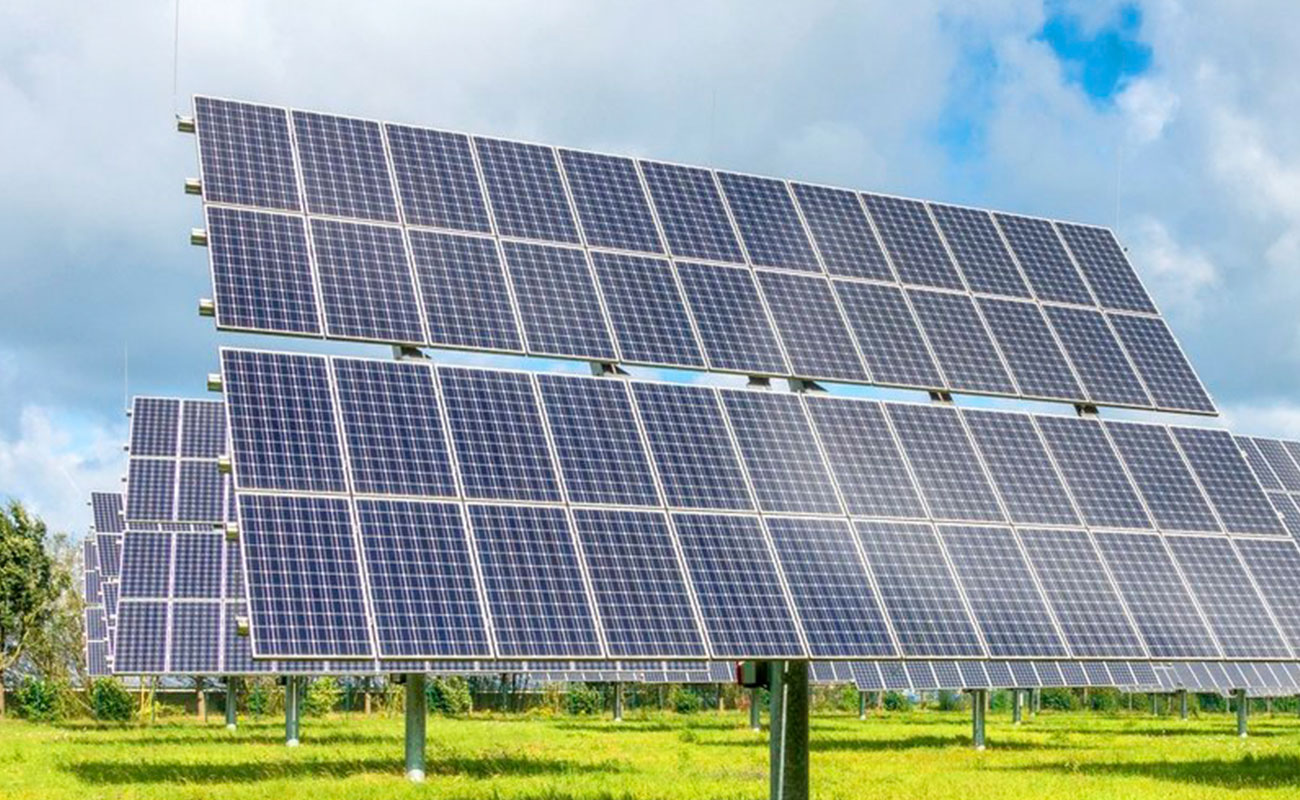
By Thomas Matthewson
2025 is turning out to be a make-or-break year in South Africa’s quest to transition away from fossil fuel production and consumption while also addressing the social consequences of that shift. The Just Energy Transition Plan (JETP) is a central initiative in country’s decarbonisation efforts. Four years into the JETP that was announced at COP 26 in 2021, with a funding commitment of US $8.5 billion, the country is staring at a major funding challenge to the plan.
In March 2025, US President Trump signed an Executive Order revoking and rescinding the US International Climate Finance Plan, including support for JETP policies. The US terminated its membership of the IPG, and as a result, South Africa lost its US-based financial pledges and projects that were already in planning or implementation phase were cancelled.
President Trump and President Ramaphosa discussed the JETP at their White House meeting in May, when the South African president noted the financial gap left by the US’s withdrawal of assistance but said the country remained committed to reducing its coal dependency and transitioning to renewable energy. The US’s contribution to the JETP was US$56 million in grant funds and around US$1billion in commercial debt/equity from the US International Development Finance Corporation.
Trump repeated his intention to focus on the expansion of fossil fuel and energy independence for the US, and said there would be no reversal of the US decision to rescind support for JETP policies. South Africa, however, has said it would strengthen its other partnerships with the European Union, the UK, BRICS countries and global financial institutions.
South Africa’s partners in the JETP now include only France, Germany, the United Kingdom, the European Union, which together form the International Partners Group (IPG). In March 2025, the IPG, as well as Denmark and the Netherlands, issued a joint statement noting that the group remained fully committed to supporting South Africa to deliver its just energy transition plan. The statement revealed that around US$2.5 billion of the IPG pledges had already been spent and that some partners were exploring possibilities for supporting the work previously being carried out by the US.
This reaffirmed commitment by the numerous European countries (and the EU) is commendable. However, arguably, even those countries may not be politically willing to provide funding in the longer-term future.
If far right-wing parties in these countries achieve electoral success in the coming years, it is highly likely that they would seek to withdraw funding support from initiatives such as South Africa’s JETP. In the United Kingdom, the far-right Reform party doesn’t even support funding renewable energy in the United Kingdom itself, so why would it support another country’s energy transition efforts? Reform partnering with the Conservatives to form a coalition government in the next General Election is a real possibility, and the United Kingdom’s support for the JETP would be questioned. Similar observations can be made about the far-right parties’ potential electoral successes in France and Germany.
It is therefore crucial that South Africa does not fully rely on external financial support to continue the plan, but to drive it based on domestic policy instruments.
It has made some headway with its renewable energy plans. An International Energy Agency report titled Renewables 2024, noted that South Africa’s renewable energy capacity increased by 33% in 2024, with the highest additions of renewable energy installations in sub-Saharan Africa, amounting to 40% of the region’s new capacity.
South Africa has also introduced several laws to encourage private sector investment in renewable energy. The Electricity Regulation Amendment Act (2024) aims to transform its energy market by establishing a Transmission System Operator that will oversee non-discriminatory access to the electricity grid. Amendments in 2023 to the Electricity Regulation Act (2006) have allowed businesses and households to invest in alternative energy solutions, like solar and battery storage. The Renewable Energy Independent Power Producer Procurement Programme (REIPPPP), launched in 2011, has already attracted significant private investments and accelerated development of solar and wind projects.
With the country’s recent loss of significant funding, strengthening its existing partnerships and forming new ones will be paramount to the ultimate success of the JETP. The JETP has made good progress; electricity supply has improved (rolling blackouts still happen, but they have decreased), renewable energy capacity has grown substantially and supporting laws have been implemented to open up the sector and incentivise private sector investments. If it can survive 2025, South Africa may be heading towards a brighter, and more just energy future.
